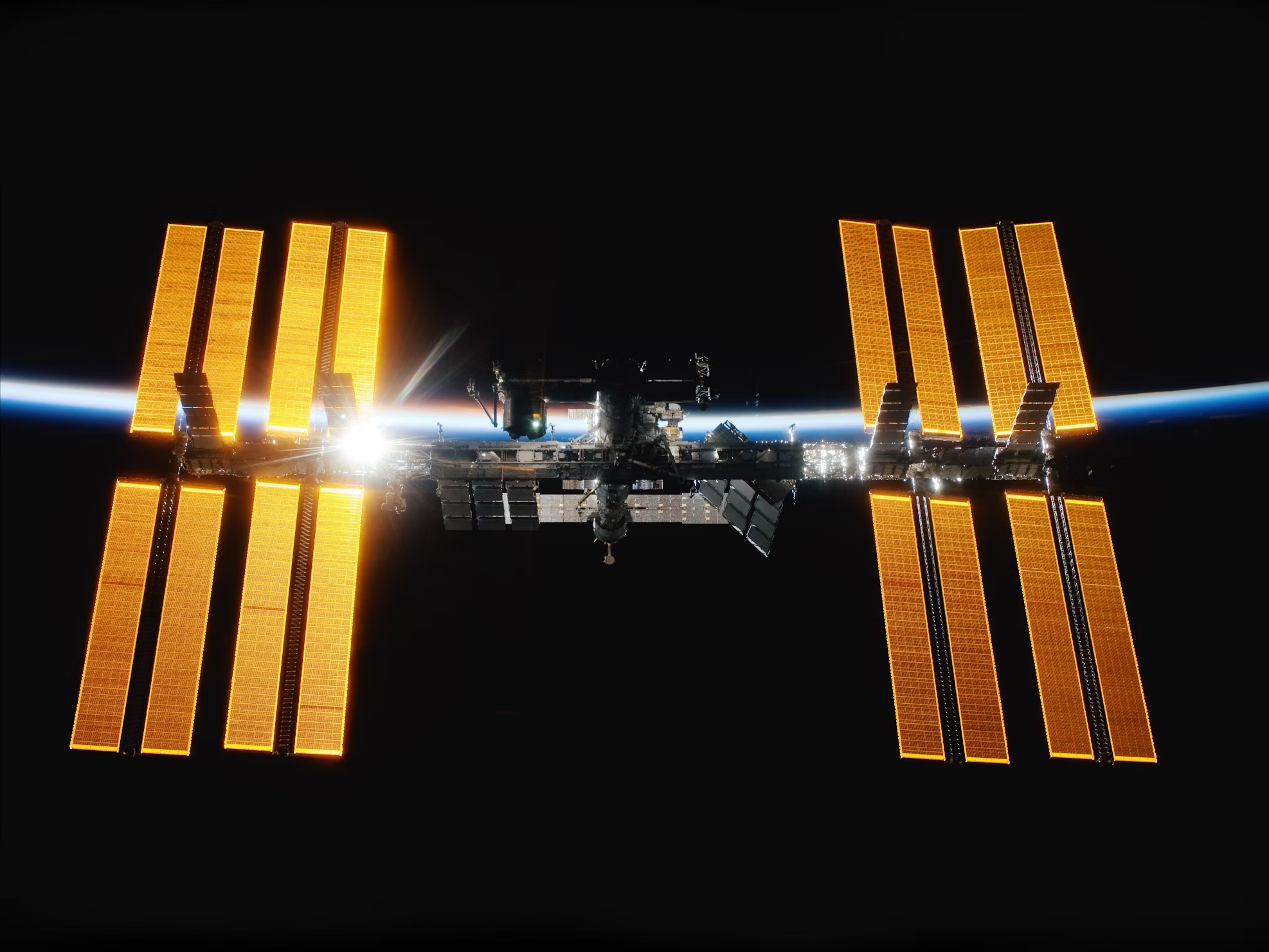March 18, 2024
Lessons from Chris Hadfield's Book - An Astronaut's Guide To Life
I recently finished Chris Hadfield's Book, An Astronaut's Guide To Life. It's a great read; it took me a little while as I only wanted to read it while flying from place to place (it felt right). While reading, I found myself dog-earing pages and making notes in the margins with various quotes. I wanted to write this blog not necessarily for others, but more as a reminder to myself of lessons learned, and quotes and ideas I found meaningful.Here are these quotes - with some of my thoughts - as lessons for my future self.

Being Prepared
One of the big themes of the big is the concept of being prepared; which I think is best identified through this first quote.
"To me, it's simple: if you've got the time, use it to get ready. What else could you possibly have to do that's more important?"
This idea sticks out to me in particular, as I love to learn. It almost feels like it's giving me permission to go out and learn all the things I've wanted to learn, like EMT training, because someday - they might be useful. Of course, this needs to be balanced with the realities of life, but I do love the idea behind this quote.
Another representation of this idea is in the following quote:
"Even during an uneventful flight, it's crucial that you're focused and ready to work any problem that arises."
You can't truly be ready for a situation unless you've done the work to prepare. As a pilot, this one stands out to me. Aviation is often described along-the-lines as "long periods of boredom, followed by sudden periods of intense effort". A good pilot is always looking out the window for possible landing sites, scanning her instruments, and trying to think "ahead" of the airplane. Being prepared, and being focused, are two immensely important skills in the cockpit.
"No. The problem was simple: I'd decided I was already a pretty good pilot, good enough that I didn't need to fret over every last detail. And it's true, you don't need to obsess over details if you're willing to roll the dice and accept whatever happens."
I like this quote as well, because it describes the consequences of not being prepared for a given situation. It's for this reason pilots thoroughly plan and train on the ground before getting in the air. In my general life, if I'm willing to accept any outcome - I don't need to prepare for a situation, otherwise, preparation is key.
"Early success is a terrible teacher. You're essentially being rewarded for a lack of preparation, so when you find yourself in a situation where you must prepare, you can't do it. You don't know how."
I like the above quote because it's a "practice over talent" type of message. It doesn't matter how naturally good you are at a particular task, you'll always be overtaken by the more disciplined person.
Working The Problem
Another of the big concepts in the book is the astronaut idea of "working the problem" - taking things step by step, not panicking, and identifying what next needs to be done to work towards a solution. It's a simple method, but one I want to remind myself of.
"Having a plan that breaks down what you're going to do into small, concrete steps is the best way I know to bridge that gap."
This quote was in the context of arriving at the ISS and adjusting to life aboard. I love the idea of breaking down something huge and foreboding into discrete steps.
"proclaiming your plus-one-ness at the onset almost guarantees you'll be perceived as a minus-one"
This one is less to do with working the problem, but more to do with understanding your role as a part of a team. The plus-one, neutral, minus-one aspects are talked about a lot in the book, and I'll leave it for you to read about, but essentially this quote is saying "don't shout your greatness; exhibit quiet confidence and effectiveness to be a good member of the team".
Defining Success
The other quotes that stood out to me in the book were around the idea of "success" in your life. All too often we define ourselves by our greatest accomplishments, and by not necessarily reaching some, we set ourselves up to feel poorly about ourselves:
"If I'd defined success very narrowly, limiting it to peak, high-visibility experiences, I would have felt very unsuccessful and unhappy during those years".
"If you start thinking that only your biggest and shiniest moments count, you're setting yourself up to feel like a failure most of the time.
Finally, this quote:
"Happy to be on my way, confident that I was ready to do my part, fully prepared for any outcome."
stands out to me, because I think it exemplifies an ideal state of being. Enjoy the journey, be competent, prepared, and ready for wherever life takes you.
Takeaways
Read the book, it's fantastic. Be prepared, work the problem, and redefine success for your ultimate happiness.
Let's Work Together
I help organizations solve complex technical challenges, in the simplest ways possible.